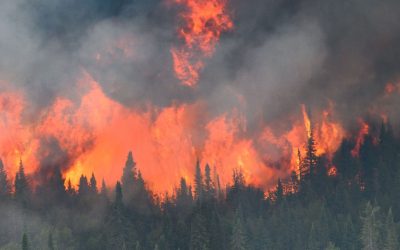There was a troubling article published in the New York Times this week about the impact of biofuel subsidies on food prices in developing countries.
Specifically, the article examines recent trends in food prices in Guatemala. It shows that the price of corn tortillas has doubled over the past three years, while the price of eggs has tripled (chickens eat corn feed).
These price rises for basic foodstuffs have many causes – but there is a considerable amount of evidence that biofuel subsidies in affluent countries are major contributing factors. Biofuel subsidies encourage the growth of corn for fuel, rather than for food, and one effect is that it drives up the price of corn. The New York Times article linked above quotes an expert from Iowa State University who has studied these issues, and determined that global corn prices would have been almost 20 percent lower in 2011 if the USA did not subsidize biofuel production.
The environmental benefits of biofuel subsidies are dubious, and these subsidies have the disastrous unintended consequence of making it harder for the poorest people in the world to feed their families. Unfortunately, this type of unintended consequence from well-meaning environmental policies is quite common.
Dr. Kenneth Green and I examined 8 case studies from around the world to illustrate how well intended environmental regulations can backfire in a 2010 Frontier Centre paper. Biofuel subsidies were among the misguided policies that we criticized in that report, along with the disastrous “cash for clunkers” program in the United States, fuel economy standards for cars and several others. The full report and accompanying media release are available here.


